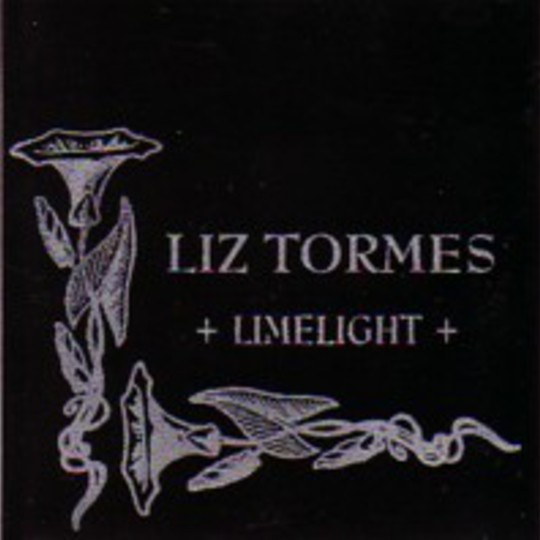It arrived in a yellow envelope with your address scrawled across the front, plastered with Air Mail stickers and stamped with the zip code of New York City. Inside, a few strands of hair were stuck to the CD, the press release tainted by coffee stains. After a week of being won over by her understated singing, the gentle grace of her melodies and this album’s seemingly effortless songcraft, listening to it became an almost intimate occasion – like a secret shared between two friends. A secret you have no intention of keeping.
How it got here: before the internet, Liz Tormes’ music would’ve been shackled by geography. Before ‘zines and blogs began to pick up the music the majors ignored, her songs would only have been heard in the company of scenes and cliques, in performances in bars and at open-mic nights, with the occasional enthusiastic punter paying for a CD at the end of a show. Now, with an email and a postage stamp, and without the need for nagging PR, that music can by-pass the borders that held it back and find fans in some unlikely places. With this set of slow and soulful, dark-around-the-edges alt. country, it’s hard to see how you couldn’t be taken in.
On Limelight, soft wisps of reverb, low bass and high-pitched pedal-steel lines loll around a slow and spare rhythm section, giving space for Tormes’ voice to carry her subtle messages, past memories and apologies to lovers and friends. Without the depressed drama of Cat Power and with a more soothing Southern lilt than Neko Case’s barn-burning holler, her singing is calm and thoughtful, offering reflections on feelings rather than becoming tangled-up in the intensity of the moment.
The opening Read My Mind is a perfect example. Over a mid-tempo beat and embroidered by an intuitive lead guitar, Tormes rues the loss of a relationship that felt almost telepathic and leaves her longing for some lost comfort (“I want you to read my mind dear, like in fairytales I know/and symphonies of childhood dreams I lost some time ago”). Then there’s the spare, whispered roots ballad Maybe You Won’t, basking in the same homemade intimacy of an Iron & Wine song, with Tormes sounding as weary and resigned as the words she delivers.
Much of the record’s success can be put down to how well her songs are served by the production. Wilco cohort Ken Coomer’s subtle use of reverb and dark atmospherics (such as on the sprawling, desolate Black Luck) manage to encase the album in a candlelit glow that neither allows the songs to drift past unnoticed, nor smother Tormes’ voice with studio effects. The gorgeous, regret-drenched, lullaby-esque title track would not have sounded so affecting without being surrounded by such a talented, experienced hired help, whilst some taut guitar lines add drama and tension to the piano-driven Fade Away.
While it’s not musically adventurous and doesn’t distinguish itself that much in a genre bursting at the seams with countrified confessionals, Limelight is still a considerable achievement. A record that’s as technically accomplished as it is warm, honest and easy to like, by a young woman not only trying to establish herself as an artist, but as a person living in one of the biggest places on earth, and trying to deal with the human entanglements that come with it. A collection of sighs, cries and street-lit lullabies; songs set in the city, just begging to break out and be heard. If she keeps this up, she’ll need a lot more stamps...
-
8Neil Robertson's Score






















